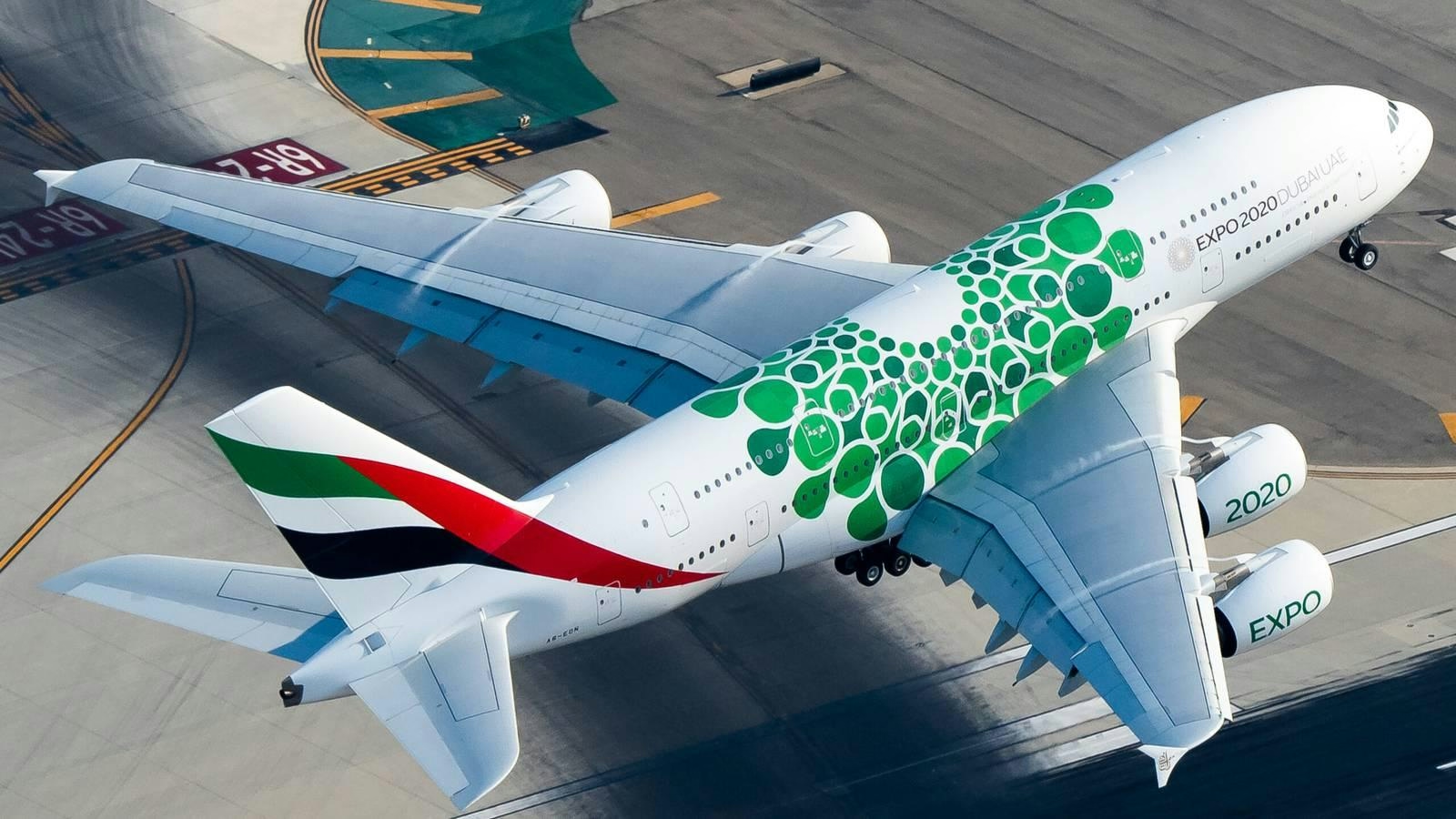AeroGenie — Il tuo copilota intelligente.
Tendenze
Categories
Emirates Adds Another Airbus A380 to Its Fleet

Emirates Strengthens Commitment to Airbus A380 with Ownership Transfer
Emirates, the world’s largest operator of the Airbus A380, has reinforced its dedication to the superjumbo by acquiring ownership of an additional A380 aircraft previously leased from Stratos. Although the airline already commands approximately half of the global A380 fleet—having purchased 123 of the aircraft, nearly half of all units ever produced—this recent transaction represents a shift in ownership rather than the addition of a new aircraft to its fleet.
Details of the Ownership Transfer
The aircraft involved, registered as A6-EOO, was initially delivered to Emirates in September 2015 under a long-term lease arranged by Stratos on behalf of Asia-based institutional investors. After a temporary withdrawal from service during the COVID-19 pandemic, the jet resumed operations in September 2022. Now over ten years old, the aircraft is roughly at the midpoint of its anticipated 25 to 30-year service life, although many A380s worldwide have been retired earlier than expected.
Such ownership transfers are common within the aviation industry, where leasing arrangements often include options for airlines to purchase aircraft outright. In October 2025, Stratos announced an agreement to forward sell the A380 to Emirates, facilitating a seamless transition aligned with the airline’s long-term fleet strategy. This transaction does not expand Emirates’ fleet size but consolidates its control over an aircraft it already operates.
Operational and Market Context
Integrating this A380 into Emirates’ owned fleet entails navigating maintenance demands, regulatory approvals, and operational coordination to maintain uninterrupted service. These challenges arise amid a competitive global wide-body aircraft market, where carriers such as Vietnam Airlines are expanding their fleets with newer models like the Airbus A350 and Boeing 787. This dynamic environment compels airlines to continuously reassess fleet strategies and capacity management.
Emirates’ steadfast commitment to the A380 contrasts with the approaches of other major carriers. While British Airways continues to operate its original A380 fleet, airlines including Air France, China Southern, Lufthansa, and Qantas have retired or reduced their superjumbo operations, often citing inefficiencies or evolving market conditions. Singapore Airlines, once the second-largest A380 operator, maintained a fleet of only 24 units—significantly smaller than Emirates’ extensive investment.
This ownership acquisition occurs amid ongoing industry discussions about the future of large aircraft. Emirates has placed substantial orders for the Boeing 777X but has expressed reservations regarding delivery timelines, a factor that may influence its continued reliance on the A380. As competitors adjust their strategies in response to market shifts, Emirates’ approach highlights its distinctive position in the long-haul travel sector and its sustained confidence in the world’s largest passenger jet.

Capital A Completes Sale of Aviation Business to AirAsia X

Four Gateway Towns to Lake Clark National Park

PRM Assist Secures €500,000 in Funding

Should Travelers Pay More for Human Support When Plans Go Wrong?

InterGlobe Aviation Shares Rise 4.3% Following January Portfolio Rebalancing

Key Market Segments Shaping Airline Route Profitability Software

Locatory.com Gains Traction Among Aviation MROs and Suppliers

JetBlue Flight Makes Emergency Landing Following Engine Failure

58 Pilots Graduate from Ethiopian University

The Engine Behind Boeing’s Latest Widebody Aircraft
